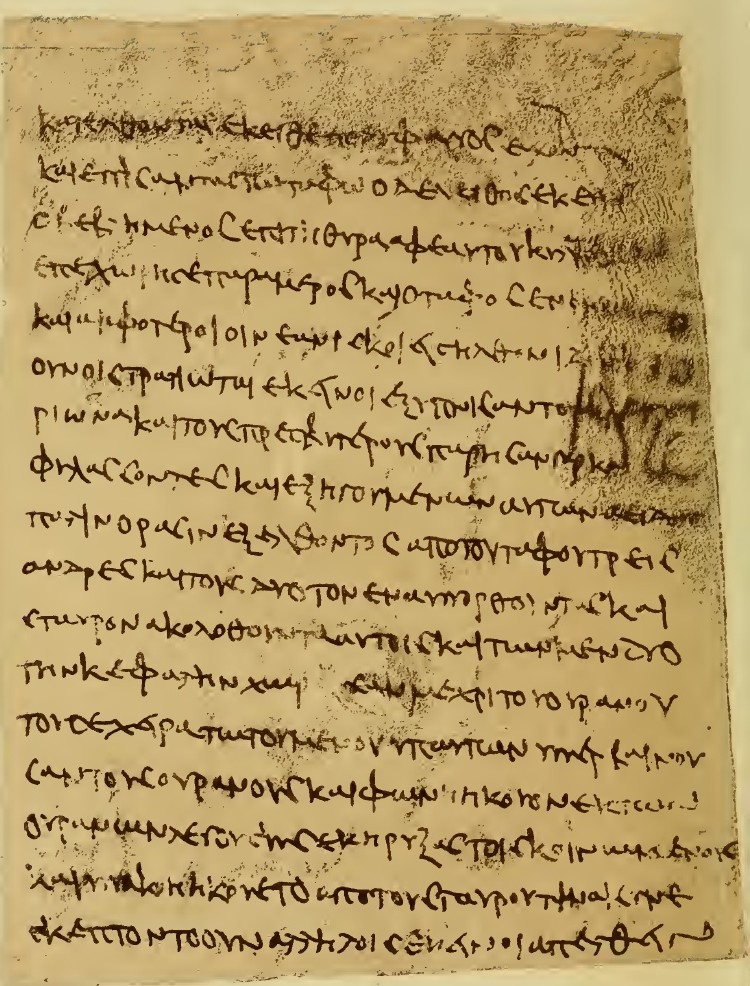Robbers or wrongdoers?
In this short blog entry, we shall look at the development of the word describing the two criminals who were crucified alongside Jesus. Two of the Synoptic Gospels says that they were “robbers” while the latest one says they were “wrongdoers”. Is there something lost in translation? Why the change?
In Matthew and Mark, the Greek term used for the two criminals who were crucified alongside Jesus is lestai (λῃσταί), which can be translated as robbers or bandits. This term is used to describe the two men who were crucified with Jesus in Matthew 27, 38 and Mark 15, 27. John also uses lestai to describe Barabbas in 18, 40.
In Luke, however, a slightly different term is used. The term used by Luke (see 23, 32-33) to describe the two criminals is kakourgoi (κακοῦργοι), which can be translated as wrongdoers or evildoers. This term is also used to describe the criminal who was crucified with Jesus and asked to be remembered (see The Good Thief) in Luke 23, 39-43. Brown, in his book The Death of the Messiah, attributes this change in term that probably Luke wanted to subtle down the tone due to First Jewish Revolts (p. 928).

It is interesting to note that the redemption of the other wrongdoer is only given by Luke. Scholars wonder from where Luke gets this source. Some answers that Luke drew this from an independent tradition, pointing to nonLucan features. But this may not be entirely correct. Luke may have draw from an independent source but developed it. One such source can be the Gospel of Peter; which uses the word kakourgoi and even gives the salvation account. For a detailed analysis see The Death of the Messiah by Raymond E. Brown. Here is an excerpt from the Gospel of Peter citing this text:
[12] And having put his garments before him, they divided them up and threw as a gamble for them. [13] But a certain one of those wrongdoers reviled them, saying: ‘We have been made suffer thus because of the wrong that we have done; but this one, having become Savior of men, what injustice had he done to you?’ [14] And having become irritated at him, they ordered that there be no leg-breaking, so that he might die tormented.
Gospel of Peter – Translation of Raymond Brown
May we reflect on the sacrifice of Jesus and seek forgiveness for our own wrongdoings, as we remember the bandits who were crucified with him. We pray this in the name of Jesus Christ, Amen.